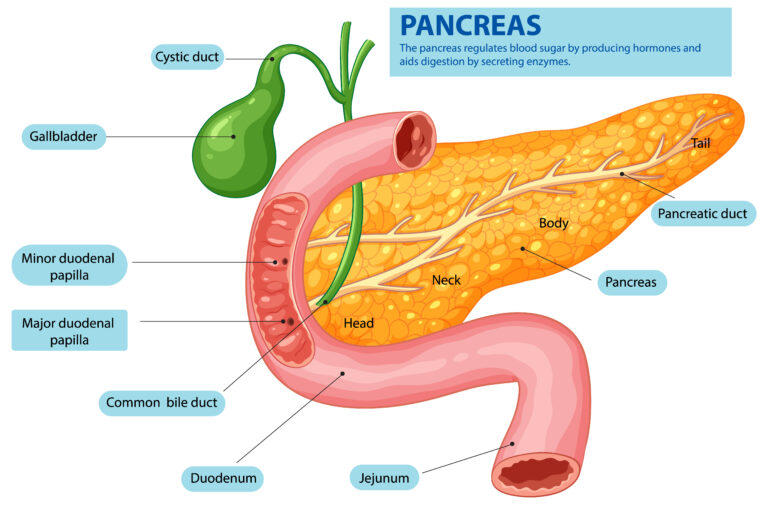
Explore the key differences between hydrogen and methane SIBO, their unique symptoms, diagnostic methods, and treatment approaches in this comprehensive guide.
Introduction:
Small Intestinal Bacterial Overgrowth (SIBO) is a complex digestive disorder that can wreak havoc on your gut health! Did you know that approximately 38 million Americans suffer from SIBO-related symptoms? Not all SIBO is created equal – hydrogen and methane types present distinct challenges for patients and healthcare providers alike. In this deep dive, we’ll unravel the mysteries of these two SIBO variants and empower you with crucial insights into their diagnosis, symptoms, and treatment.
What is SIBO? Understanding the Basics
Hydrogen SIBO: Characteristics and Symptoms
Hydrogen SIBO is a fascinating digestive disorder driven by specific bacterial strains like Escherichia coli, Klebsiella, and Proteus, which go into overdrive in the small intestine.
Patients often experience a variety of uncomfortable symptoms: sudden bloating that makes your stomach feel like a balloon, constant gas, unpredictable bouts of diarrhea, and occasionally intense abdominal pain that can completely disrupt your day!
The magic happens when these bacteria ferment carbohydrates, producing hydrogen gas – essentially leaving telltale chemical breadcrumbs that indicate bacterial overgrowth. Diagnostic testing, primarily hydrogen breath tests, can reveal this bacterial party by measuring the excess hydrogen expelled during the test.
But beware – if left untreated, hydrogen SIBO can lead to serious complications like nutritional deficiencies, weight loss, and potential damage to the intestinal lining. It’s not just a digestive inconvenience; it’s a critical health issue that demands attention and professional medical intervention.
Methane SIBO: A Unique Digestive Challenge
Methane SIBO is a tricky digestive problem caused by tiny microorganisms that are different from other gut bacteria. When these microbes take over, they can make your digestive system super slow – like a traffic jam in your intestines! People with methane SIBO often feel really bloated and struggle to have regular bathroom trips.
It’s not only uncomfortable but can make you feel terrible and exhausted. Doctors can diagnose this issue by measuring methane gas in your breath. If left untreated, methane SIBO can lead to significant health complications.
Your body may struggle to absorb nutrients efficiently, resulting in constant tiredness and discomfort. It’s akin to having a roadblock in your digestive system hindering the smooth flow of things.
Diagnostic Methods for Hydrogen and Methane SIBO
Here’s a simplified, 9th-grade level paragraph for the Diagnostic Methods section:
Finding out if you have SIBO isn’t like taking a regular check-up. Doctors use special breath tests that track the gases your body produces.
For hydrogen SIBO, they’ll measure hydrogen levels, while methane SIBO tests look for methane gas. During the test, you’ll drink a special sugar solution and blow into tubes at different times.
It’s like a science experiment for your gut! These tests help doctors see if too many bacteria are hanging out in your small intestine. Sometimes, they might use other tools like blood tests or stool samples to get a complete picture. If you’re dealing with ongoing stomach problems like constant bloating, weird bathroom habits, or unexplained weight loss, it’s time to talk to a healthcare professional. Don’t try to diagnose yourself – a doctor can help figure out what’s really going on with your digestive system.
Treatment Approaches for SIBO Variants
Treating SIBO isn’t a one-size-fits-all solution. For hydrogen SIBO, doctors often prescribe specific antibiotics to kick out the extra bacteria causing trouble. Methane SIBO might need different antibiotics because the microbes are unique.
Diet plays a huge role in healing – you’ll likely need to make some big changes to what you eat. This might mean avoiding certain foods that feed the bad bacteria and focusing on meals that help your gut heal. Probiotics can be helpful, but not all probiotics work the same for everyone with SIBO. Your doctor might recommend special supplements to rebuild your gut’s good bacteria.
The most important part of treatment is figuring out why you got SIBO in the first place. This could mean checking for other health conditions, managing stress, or fixing digestive issues that allowed bacteria to overgrow. Prevention is key – once you’ve treated SIBO, you’ll want to work with your healthcare provider to keep it from coming back.
Conclusion:
Understanding the nuanced differences between hydrogen and methane SIBO is crucial for effective management and treatment. While these conditions share similarities, their unique characteristics demand personalized approaches. Take charge of your gut health by working closely with healthcare professionals and staying informed about the latest research and treatment options!





